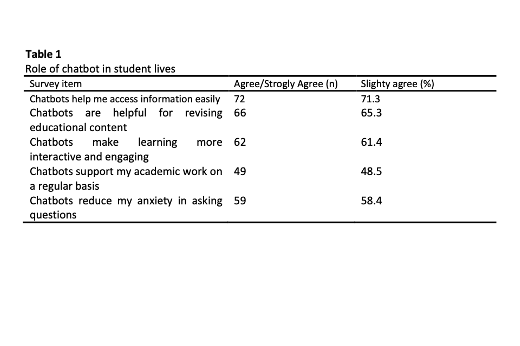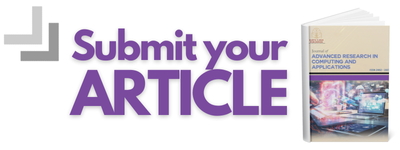Deploying Educational Chatbots as Virtual Assistants for Language Teaching and Learning in Malaysian Tertiary Education
DOI:
https://doi.org/10.37934/arca.39.1.206211Keywords:
Chatbots, artificial intelligence, language learningAbstract
The integration of artificial intelligence (AI) in education has brought forward new pedagogical opportunities, especially through the use of chatbots as virtual assistants. This study explores the role and impact of educational chatbots in supporting language teaching and learning within Malaysian tertiary institutions. A quantitative, cross-sectional survey was conducted involving 101 students from various public universities across Malaysia. The research focused on two key questions: (1) What is the role of chatbots in students’ lives? and (2) How do chatbots impact students’ learning activities? Findings reveal that chatbots are increasingly used for academic support, particularly in language practice, revision, and communication. Students reported that chatbots provided immediate feedback, fostered autonomous learning, and reduced language anxiety. However, concerns about limited functionality and lack of contextual understanding were also noted. The study concludes that educational chatbots have significant potential to complement language instruction in higher education, provided their design is aligned with learners’ needs. The results offer practical implications for educators, instructional designers, and policymakers seeking to implement chatbot technology in tertiary language education settings.
















